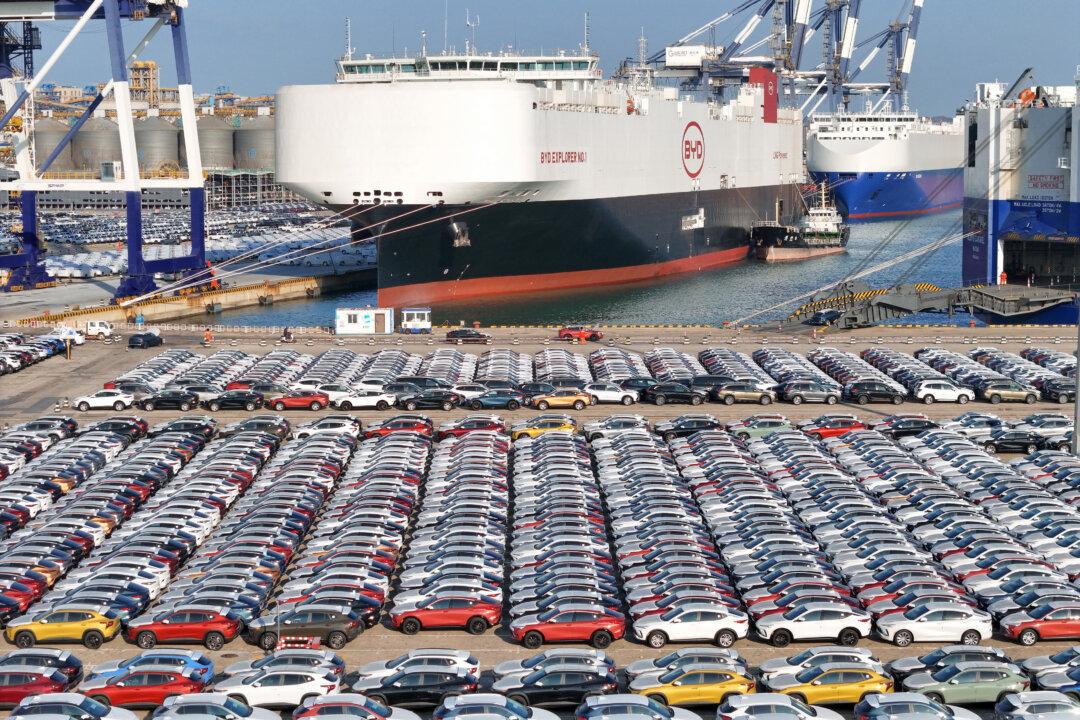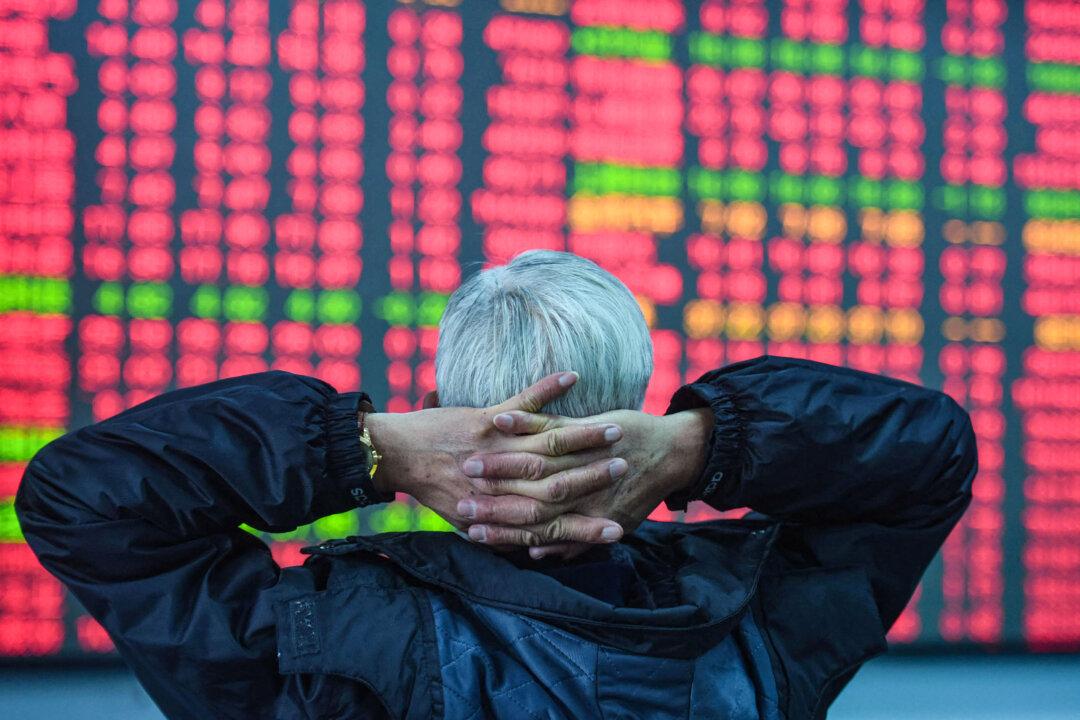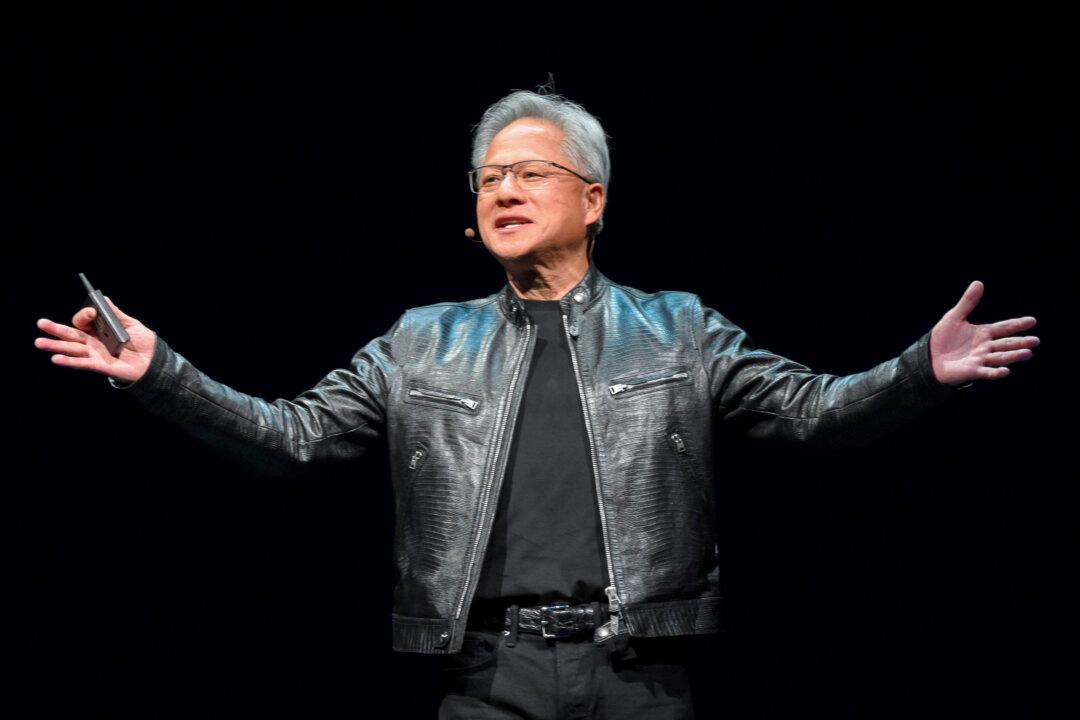Facing a critical challenge from overcapacity, China has resorted to exporting a significant volume of low-priced goods to international markets. Among these, electric vehicles (EVs), which receive substantial support from the Chinese regime, are the most notably affected products, leading to significant concerns globally.
To address the influx of these products, Japan and South Korea have aligned with the United States and European countries in adopting anti-dumping measures.





